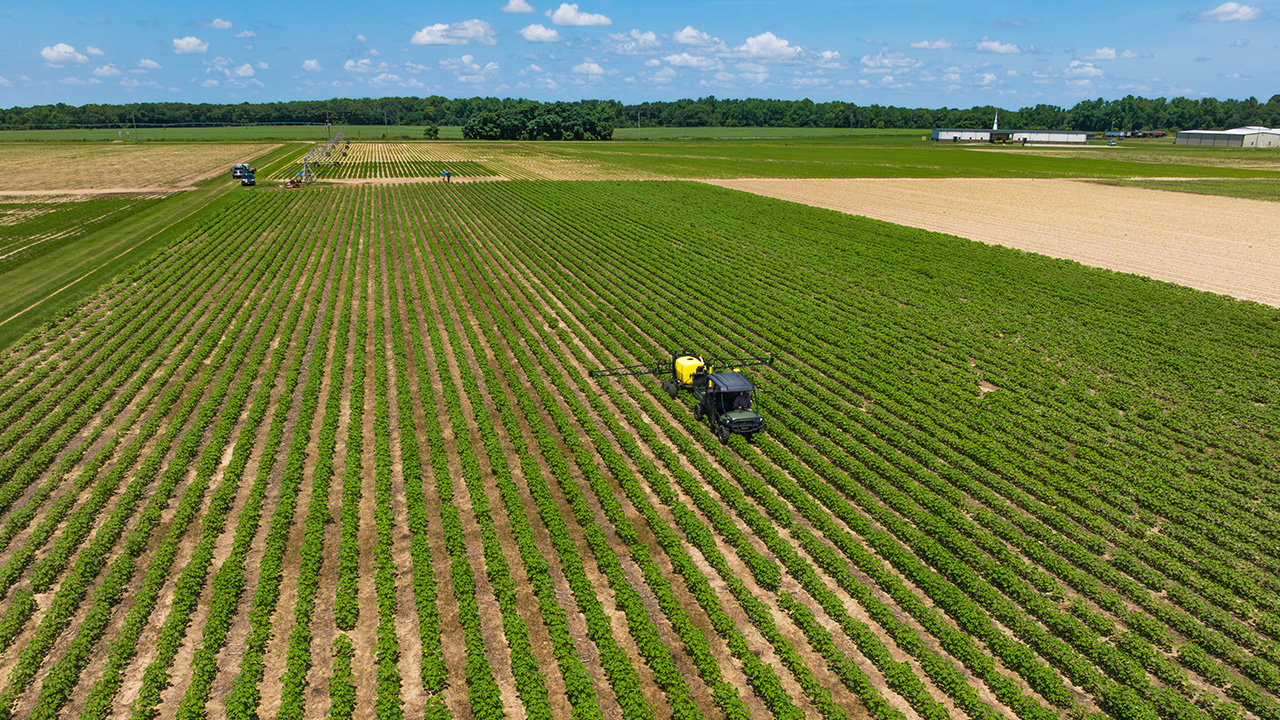content body
The U.S. National Science Foundation (NSF) has announced that a proposal to its Regional Innovation Engines (NSF Engines) program, submitted by HudsonAlpha Institute for Biotechnology with co-leads at Auburn University and the University of Tennessee, has advanced as a finalist in the program. The partnership’s BRIDGES proposal is one of 15 proposals that remains under consideration for awards potentially totaling $160 million per funded project. The NSF’s goal is to create regional economic, societal and technological opportunities.
Out of more than 300 entries, the BRIDGES Engine team was one of 29 that advanced to the semifinalist round of the competition and is now one of just 15 finalists. Finalist proposals cover topics including critical technologies and applications ranging from enhancing energy grid security to maximizing the yield of critical minerals mining extraction to advancing quantum computing.
The BRIDGES Leadership Team has been building a regional coalition for over two years. Oladiran Fasina, department head and professor in Auburn's Department of Biosystems Engineering, is the team leader for Auburn's work in the collaborative effort, which includes faculty from the Samuel Ginn College of Engineering, the College of Forestry, Wildlife and Environment, the College of Agriculture and University Outreach.
BRIDGES seeks to revitalize rural economies across the southeastern U.S. by growing specially developed agricultural grasses on low productivity farmland and transforming them into high-demand products, such as compostable packaging, car parts and construction materials.
"The BRIDGES Engine is a tremendous opportunity to further strengthen our rural economies by focusing the latest technological advancements from agricultural and manufacturing sectors to benefit critically important industries in the region," said Steve Taylor, Auburn’s senior vice president for research and economic development.
Expanding this initiative promises to build new industries, create high-quality jobs and unlock new revenue streams for farmers and local communities.
During the next and final stage of proposal review, NSF will conduct in-depth site visits to assess risks, resources and each team's ability to adapt to changing circumstances. NSF anticipates announcing the final NSF Engines awards in early 2026.




